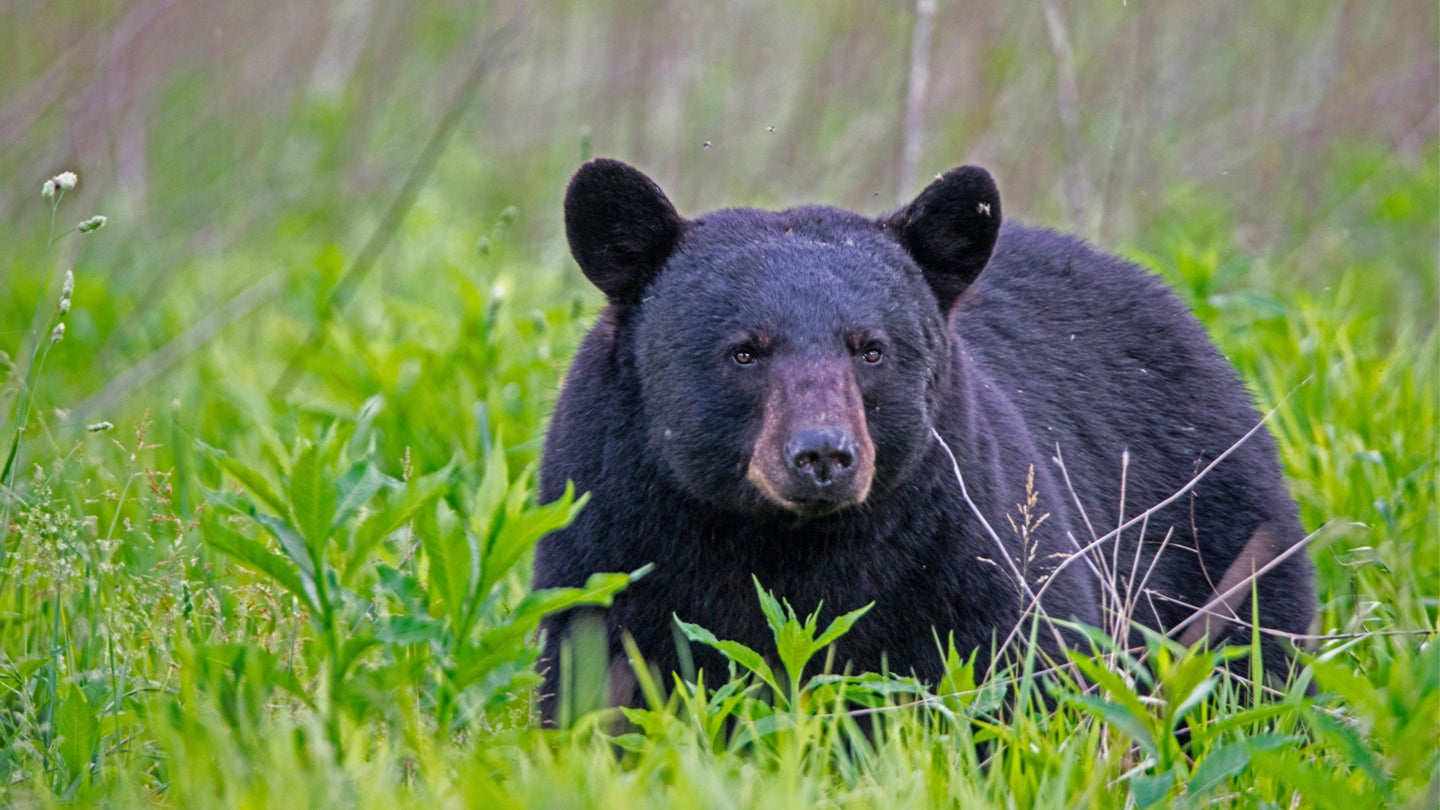The Latest on Louisiana’s Black Bear Hunting Season: Hunt Approved for 2024
Louisiana wildlife officials approved a 10 tag lottery draw for a black bear hunt next December

Back in November, Louisiana’s Wildlife Commission voiced its support for a proposed black bear hunting season for 2024. After a series of public meetings, the Commission officially adopted the new season during it regular meeting in Baton Rouge last night.
The Louisiana Department of Wildlife and Fisheries (LDWF) first proposed a black bear season in October 2023. With the Commission’s yes vote now in place, the state is planning to allocate 10 bear tags to hunters through a lottery system. The hunt will last for 16 days next December, according to a radio interview with the LDWF Large Carnivore Program Manager John Hanks conducted last fall.
In 2016, the Louisiana black bear was removed from the Endangered Species List (ESL). State wildlife experts believe there are about 1,200 individual bears in the state. “We have some of the best bear population estimates in the South,” LDWF Administrator Scott Durham told Field & Stream back in October 2023. “It’s all based on scientific data, population models, telemetry data, vital rates, etc.”
Black bears are found throughout Louisiana, with a majority of them in the Tensas National Wildlife Refuge—a 64,000-acre tract of hardwood bottomland in the Mississippi Delta. Additional refuges in the state have helped with population recovery efforts while the Louisiana black bear subspecies was listed as threatened under the ESL from 1992 through 2015. Known for its longer, flatter, skull and large molars, the Louisiana subspecies is genetically distinct from other black bear populations in North America.
Read Next: Watch: Two Black Bears Attack Moose Calf in Canadian Park
Tags will only be valid in select areas of the state, including Tensas, Madison, East and West Carroll Parishes as well as areas in Richland, Franklin, and Catahoula Parishes. The hunt will take place in December because female bears are less active that time of year while out looking for dens. Hanks said that the number of tags was chosen with the idea that if all 10 bears taken were female, it would not disrupt the population. But the hope is that most of the bears killed will be male.